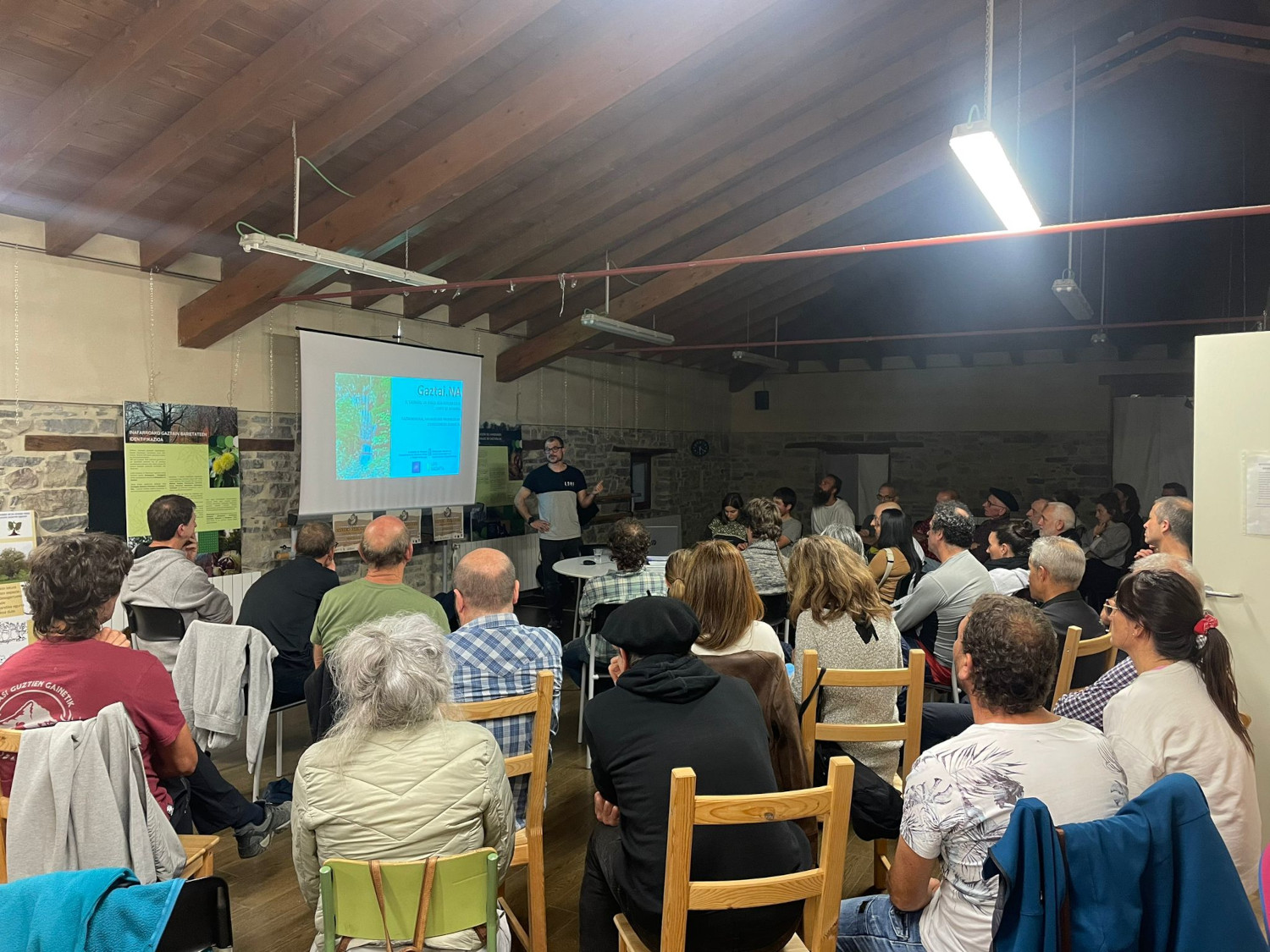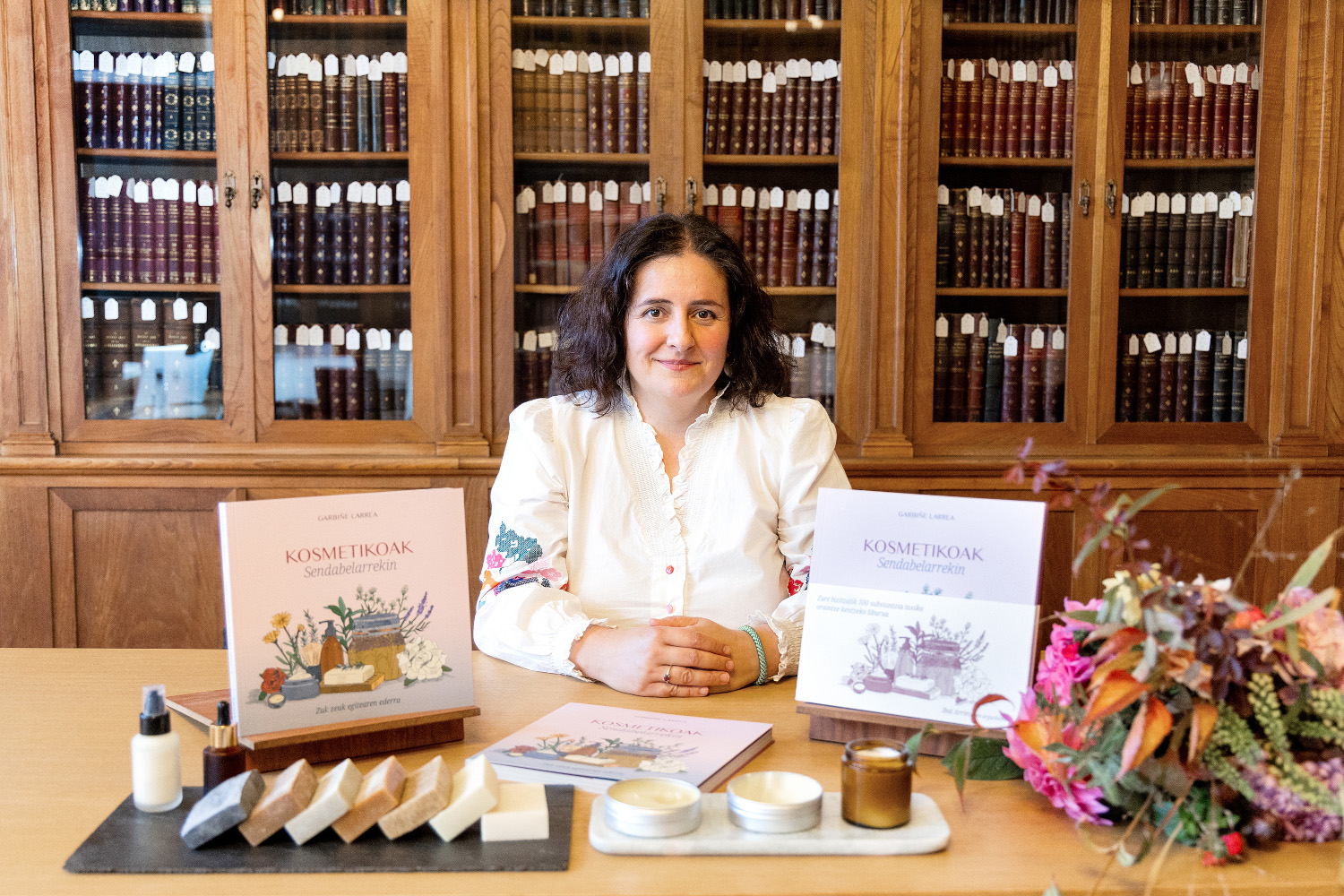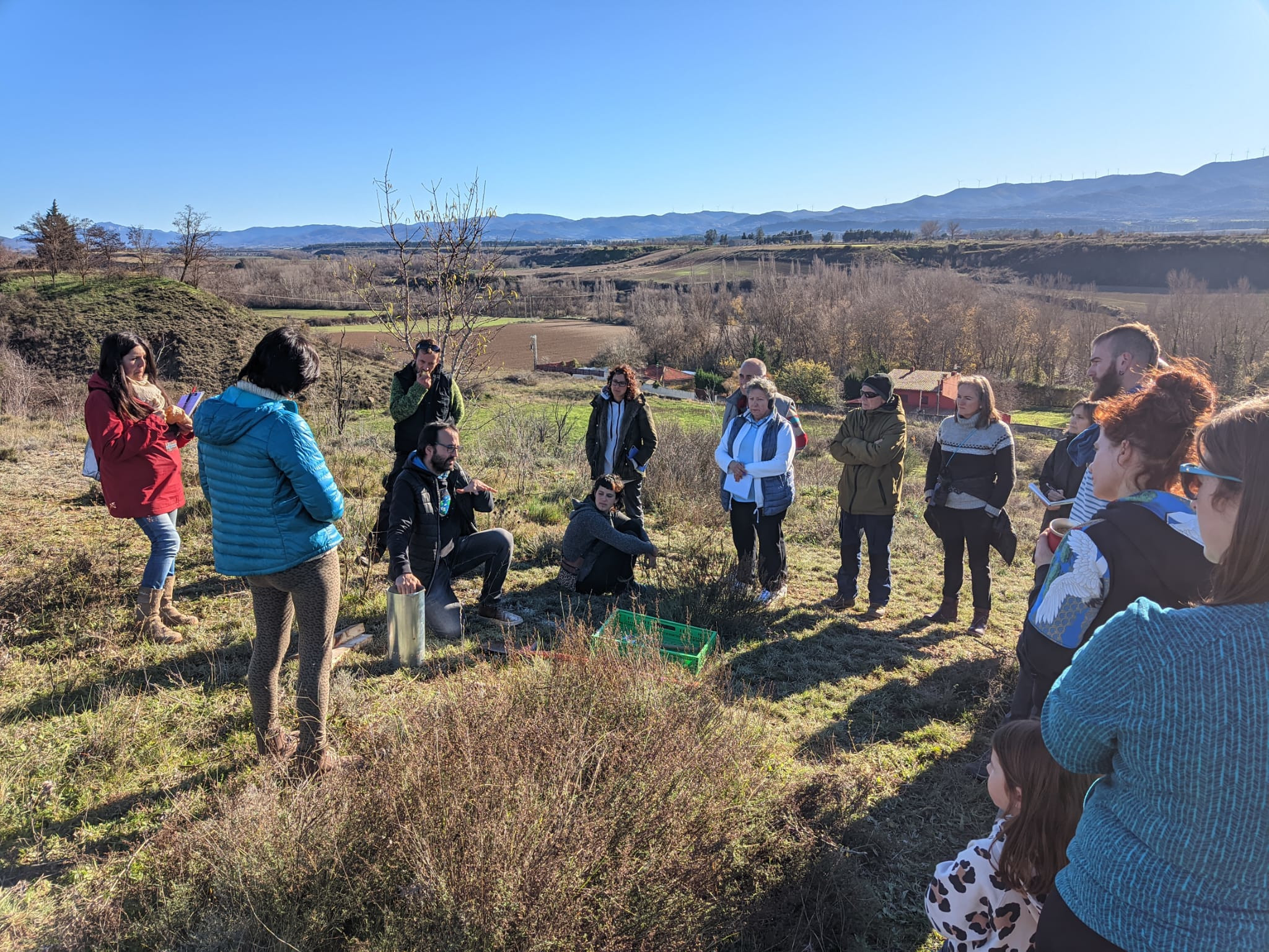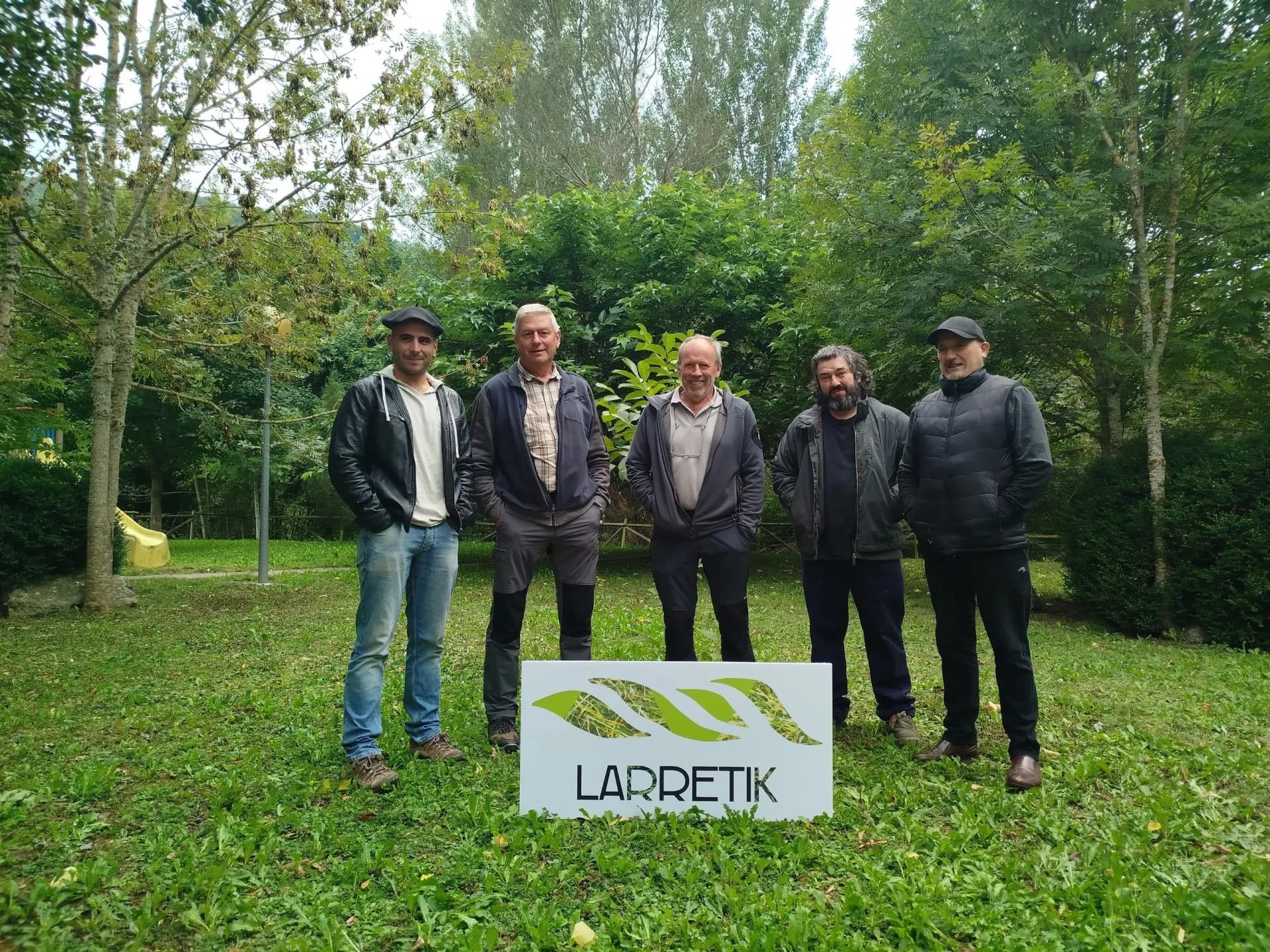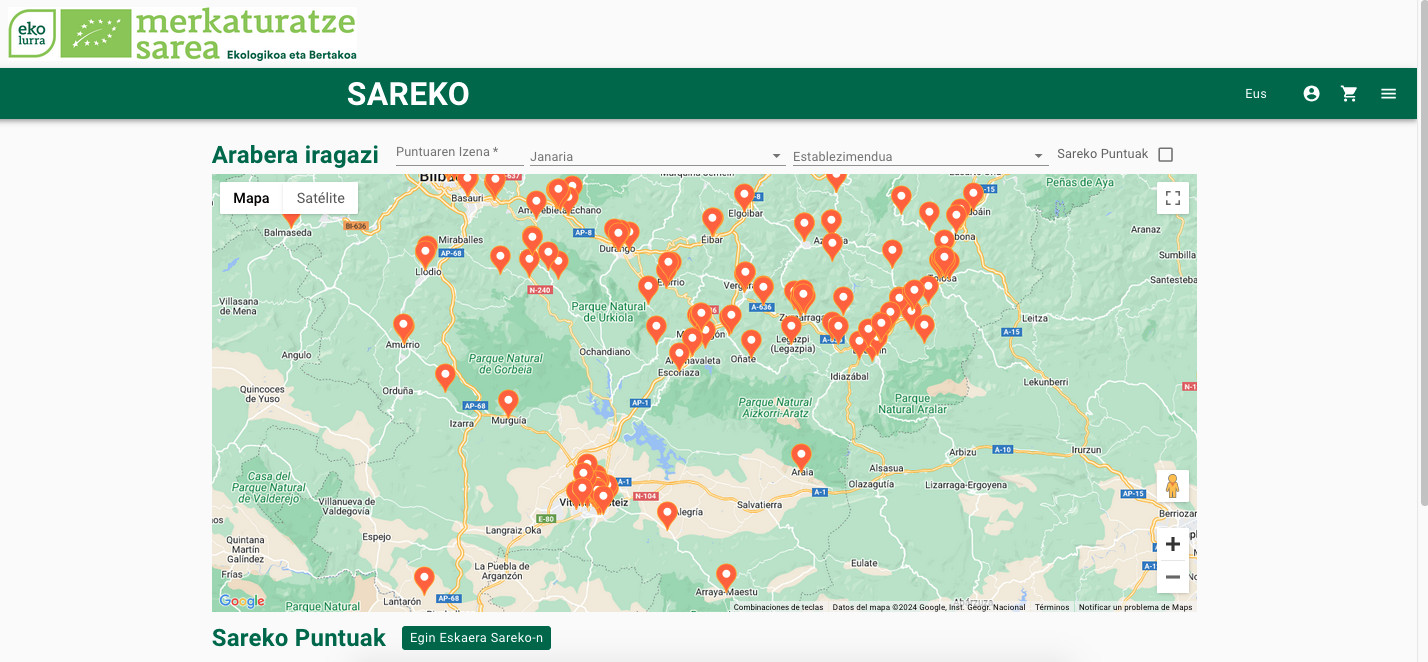
"Elosegui Honena Seeds
we don't have a weak brand
today is worth recognising
put together the war
and forward here
because we want it
spreading joy in this neighborhood
Oh my God!
It was the bertso that Unai Gaztelumendi launched in May 2014 during the celebration of the centenarians of the historic seed store of the Old Donostia Party. Since then, Seeds Elosegui has been five more years old, but it is in a cordial greeting. Next December the premises of Fermín Calbetón Street will definitely close its doors due to the retirement of the owner.
Fewer seeds and more tourists
On the one hand, it can be a sample of the city model that has been promoted in San Sebastian. It has not been the first ever store that has been closed in the Old Party, and surely more will come, if things remain the same. When the streets are occupied more by tourists than by the neighbors, also the shops and spaces for the area’s neighbors have less and less space. Marc Badal, of the Haziera project, is clear that while closing the store is due to retirement, behind there are more: “Before, there was another seed store, Mocoroa seeds, and they also closed it. In this case the owner is going to retire, but what is behind it is something more structural.”
What is the place of shops such as Elosegui Seeds, at a time when the loss of farmland and farmland is taking place and the production and sale of seeds is being monopolised even more? “Before, the baserritars were going to sell to San Sebastian and there they used to buy seeds, to sow in the animals or in the fields. The primary sector has changed radically, and despite the fact that in these years the business has been adapting, it has lost its original meaning,” says Badal.
Last visit and tribute from Hazierdi de Cristina Enea
About 25 people have approached December 3 from the Haziera project of the Cristina Enea Foundation to the visit and farewell they have organized to the Seed Elosegui store. After filling the enclosure, they have had a good conversation with the merchant for a while. “Those who have approached also say that the city is losing its identity in recent years.” In addition to the city model, the merchant has also talked to them about the monpoliceman of seeds. “It tells us how 30-40 years ago seed companies had a fairly local and regional market, most of the seeds they brought from Pamplona or Álava.” At present, the seed market is being held by a few large multinationals. “They are eating everything with this corporate cannibalism,” concluded Haziera’s member.










